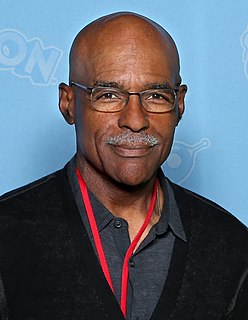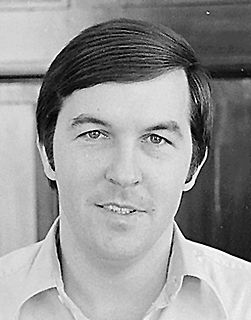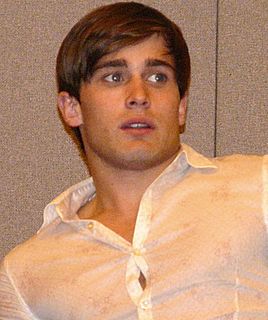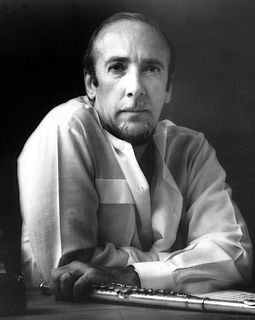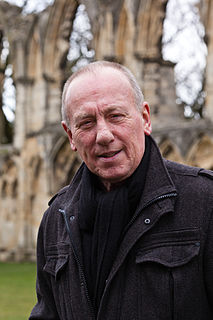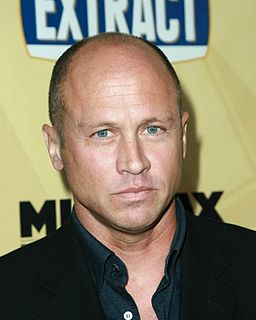A Quote by George Monbiot
If I could turn back the clock, magically deleting my prostate cancer, the surgery I needed and its complications, would I do so? It seems an odd question. But I find it surprisingly hard to answer.
Related Quotes
Hurray, Hallelujah, and Happy Prostate! Finally, someone has taken the years and done the work, so the rest of us no longer need suffer from ignorance as to how to have good prostate health. That someone is Roger Mason, and all that one needs to know in order to have a happy prostate has been distilled down into this one book. I would stake the health of my prostate on it, and can tell you as a prostate cancer survivor; it is the ONLY way to go.
I was diagnosed with an early, early stage of prostate cancer. I was almost a vegetarian then. I was heading that direction. What pushed me over the edge, was the doctor who did the diagnosis. He said in a discussion about prostate cancer that he had never seen a vegetarian with prostate cancer. And this is not a holistic doctor, this is a regular, mainstream doctor. And I was just blown away.
To be a scientist you have to be willing to live with uncertainty for a long time. Research scientists begin with a question and they take a decade or two to find an answer. Then the answer they get may not even answer the question they thought it would. You have to have a supple enough mind to be open to the possibility that the answer sometimes precedes the question itself.
At the time I discovered that I had prostate cancer, it was not long after my first wife had died, so my children had lost their mum. I felt that to tell them that I had prostate cancer, while I knew that I had it and there was a threat of some sort, I felt that it would be wise not to make things worse for them.
If you had a system that could read all the pages and understand the context, instead of just throwing back 26 million pages to answer your query, it could actually answer the question. You could ask a real question and get an answer as if you were talking to a person who read all those millions and billions of pages, understood them, and synthesized all that information.
In other philosophies, my questions would get answered to some degree, but then I would have a follow-up question and there would be no answer. The logic would dead-end. In Scientology you can find answers for anything you could ever think to ask. These are not pushed off on you as, 'This is the answer, you have to believe in it.' In Scientology you discover for yourself what is true for you.


